Nobel 2025: The Light of Democracy Amid the Darkness of Dictatorship
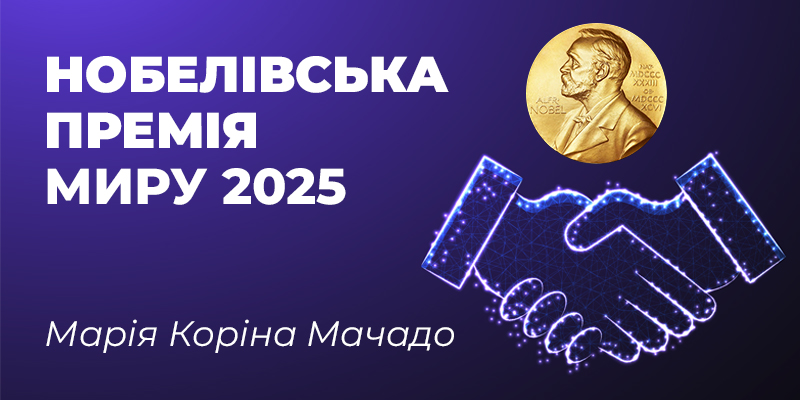
María Corina Machado — a woman who dared to challenge dictatorship without losing faith in the power of peaceful change. Her being awarded the 2025 Nobel Peace Prize became a symbol of recognition for all those who continue to stand for democracy despite the odds. Ms. Machado was honored “for her tireless work in advancing the democratic rights of the Venezuelan people and for her struggle for a just and peaceful transition from dictatorship to democracy.”
The laureate is widely known among human rights advocates around the world: she was named one of the BBC’s 100 Women in 2018, included in Time magazine’s list of the 100 most influential people in 2025, and received the Vaclav Havel Human Rights Prize in 2024.
What global challenges does democracy face today, and why is Machado’s story important for the Ukrainian political context? We spoke about this with Yuliia Bidenko, PhD in Political Science, Associate Professor at the Department of Political Science at V. N. Karazin Kharkiv National University, and Visiting Research Fellow at the Ukrainian Research Institute, Harvard University.
Good afternoon, Ms. Yuliia! What is your opinion about this year’s award?
The 2025 Nobel Peace Prize was awarded to Venezuelan politician María Corina Machado. In my view, this choice has both a feminist dimension — since women remain underrepresented among laureates — and reflects a global trend of decolonization, human rights advocacy, and resistance to dictatorships, both far-right and left-wing.
How does the Nobel Peace Prize differ from awards for achievements in the natural or social sciences?
The Nobel Peace Prize has always been somewhat politically charged — that is its nature, unlike the recognition of achievements in science, economics, or literature. It is no coincidence that Alfred Nobel insisted this particular award be presented not in Sweden but in Norway, a country with a more neutral military history. Interestingly, even in the past, the list of nominees sometimes included controversial figures, and the committee’s decisions remain sealed for decades — confirming that the nomination process always carries political context.
This year’s decision was no exception. We remember that not only American politicians but even some Ukrainian MPs discussed the idea of nominating Donald Trump, the leader of a key ally nation for Ukraine — though that did not happen.
What are the implications of Machado’s victory for global politics?
Machado represents a centrist position: she opposes Maduro’s leftist dictatorship, the legacy of Hugo Chávez, while avoiding alignment with extreme movements. Her activity is a challenge to authoritarianism and a signal of support for democratic values in a world increasingly influenced by populist and autocratic “strongman” discourses, which question human rights and build popularity by scapegoating society’s most vulnerable.
Among this year’s Nobel laureates, only two are women, and María Corina Machado is the only one awarded individually. How does this recognition influence the global feminist discourse?
From a gender perspective, awarding a woman undoubtedly strengthens women’s presence in politics. Machado demonstrates that women can be not only participants but also strategists in political movements. With a background in engineering and later in finance and public policy, she is a skilled, systemic opposition leader.
From an intersectional feminist standpoint, she is not exactly a self-made figure who rose from the grassroots, yet her courage to openly confront the regime commands respect. It is also symbolic that official Venezuela has in recent years voted in sync with Russia at the UN, so the Nobel Committee’s decision can be interpreted as a subtle message: the world should not support extremism — especially from allies of aggressor states. Following the announcement, Venezuela even withdrew its diplomatic mission from Oslo.
Why is María Corina Machado’s example important for Ukrainian society? What parallels do you see between Venezuela’s struggle for democracy and Ukraine’s experience today?
For Ukrainians, Machado’s story highlights the power of civil society. It shows that active citizenship, grassroots initiatives, and personal responsibility are the driving forces that help Ukraine endure and grow even during wartime. In this sense, her experience is close to Ukraine’s reality.
When I meet our first-year students, I teach an interactive course “Democracy: From Theory to Practice,” which focuses on active citizenship and critical thinking, where students develop their own social projects. In recent years, I’ve seen how our students engage not only in humanitarian initiatives but also in educational and policy-oriented activities that aim for systemic change.
As a lecturer and academic supervisor of the master’s program “Global Studies and World Politics,” I try to emphasize to our graduates that, unfortunately, the modern world is not centered on Ukraine, and there is an ongoing global competition — for the sympathy of world leaders, for votes, and for ideological and budgetary priorities of international organizations and foundations.
Of course, it would have been an honor if a Ukrainian had been nominated this year. Personally, I believe every person defending Ukraine today deserves recognition, and sadly, among my family, friends, and colleagues are those who have given their lives for it. Yet, according to Alfred Nobel’s original idea, the Peace Prize is meant for those who advocate disarmament and peace.
In this context, I’m reminded of Oleksandra Matviichuk, whom I met before the full-scale invasion and later followed through her speeches across European capitals and media. She received the 2022 Nobel Peace Prize, shared with activists from Russia and Belarus. Among the three, however, Oleksandra remains the strongest Ukrainian voice, not in the pacifist sense, but by exposing Russia’s crimes and demanding a decisive global response to aggression.
Her work — like the activism of our students and colleagues on both academic and civic levels — proves that today, the fight for peace means the fight for justice.
What qualities and values should a person possess to one day earn such a prize? What kind of education or career should they pursue?
I am convinced that leaders capable of changing the world develop critical and strategic thinking only in a classical university environment. Artificial intelligence or TikTok can deliver facts quickly, but they cannot form critical reasoning, moral integrity, or a holistic understanding of how economics, politics, and society function.
It is the university that provides the intellectual foundation essential for becoming a reformer — or even a Nobel Peace Prize laureate. While many past winners were organizations (such as the UN or the Red Cross) or political figures of varied reputation, I firmly believe that even the so-called “impractical” knowledge of history, human nature, and systems thinking — acquired in a classical university — gives one the impulse to change the world for the better.



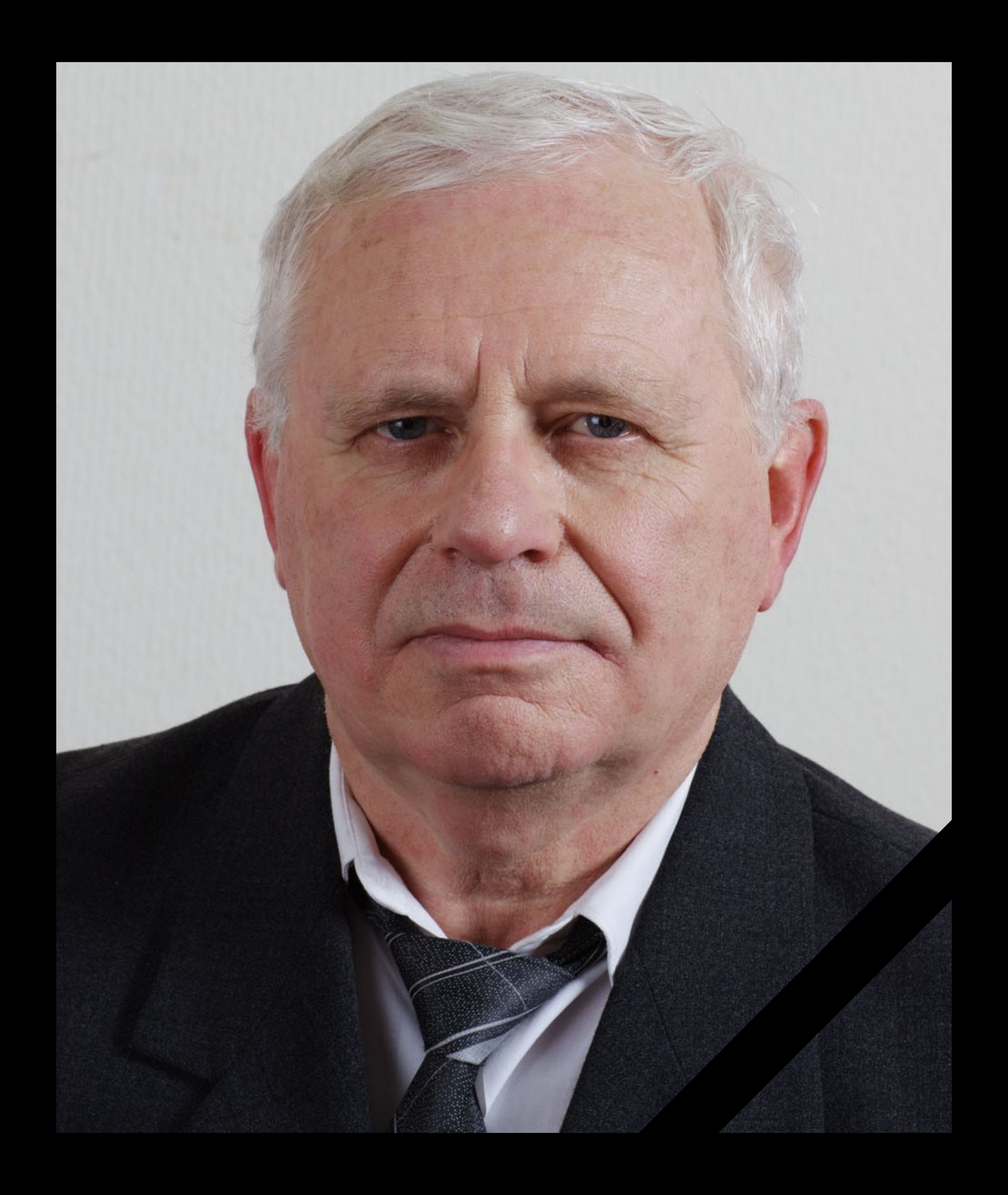
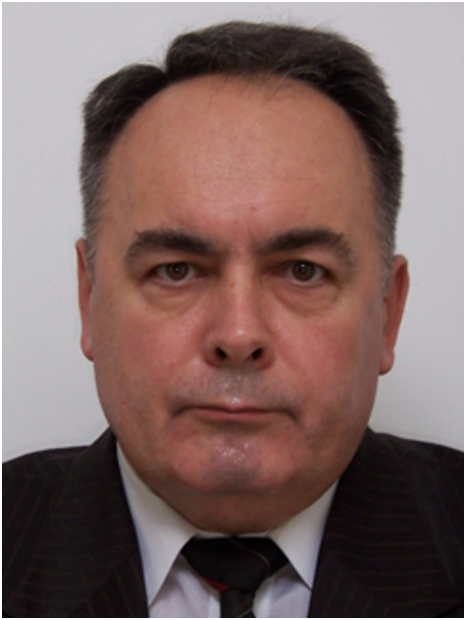


.png)
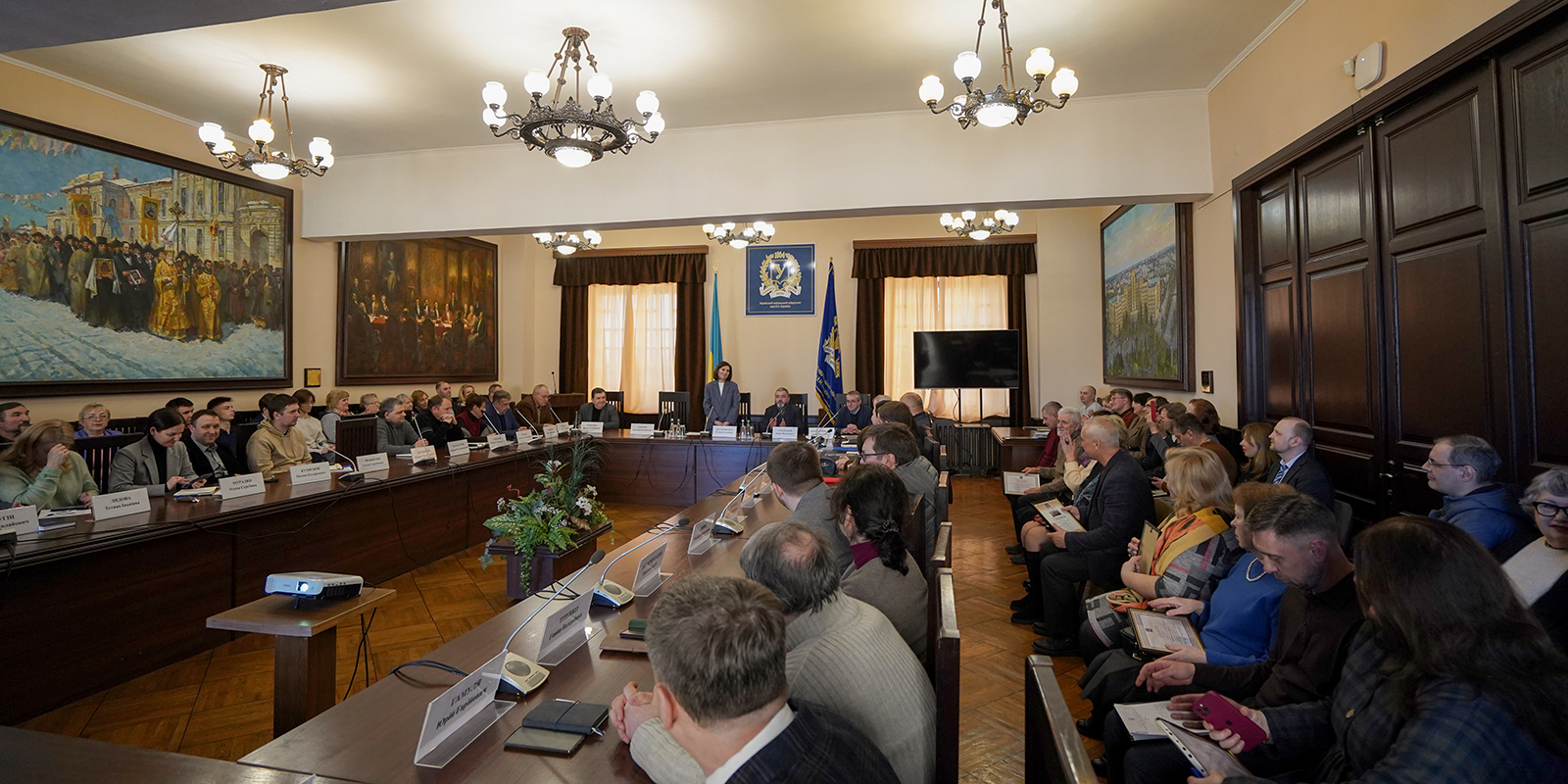
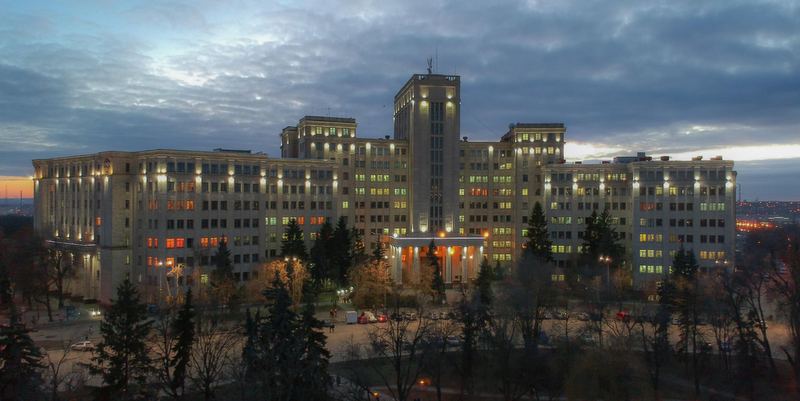
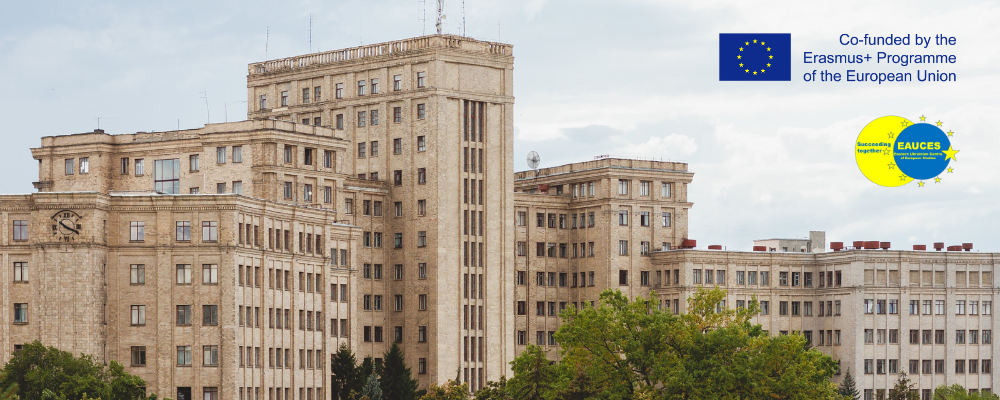
.jpg)
.png)